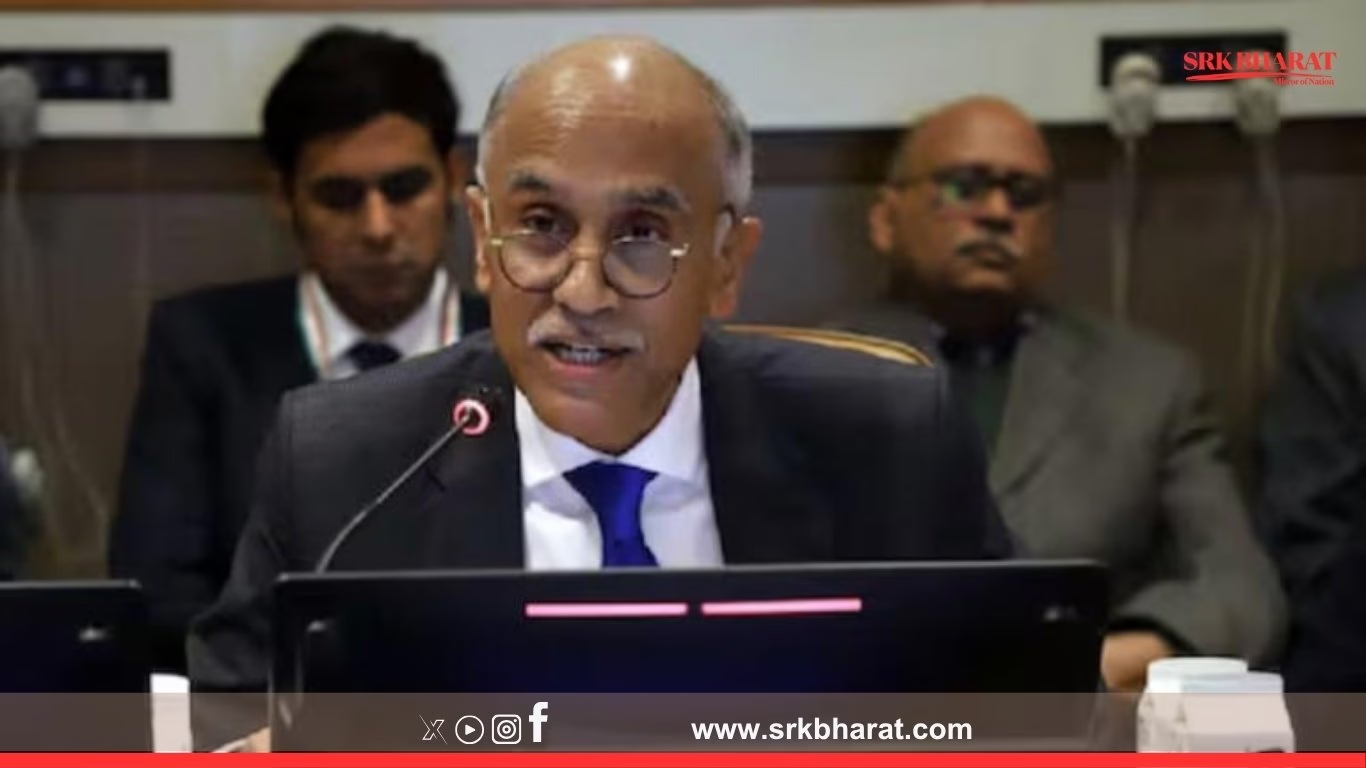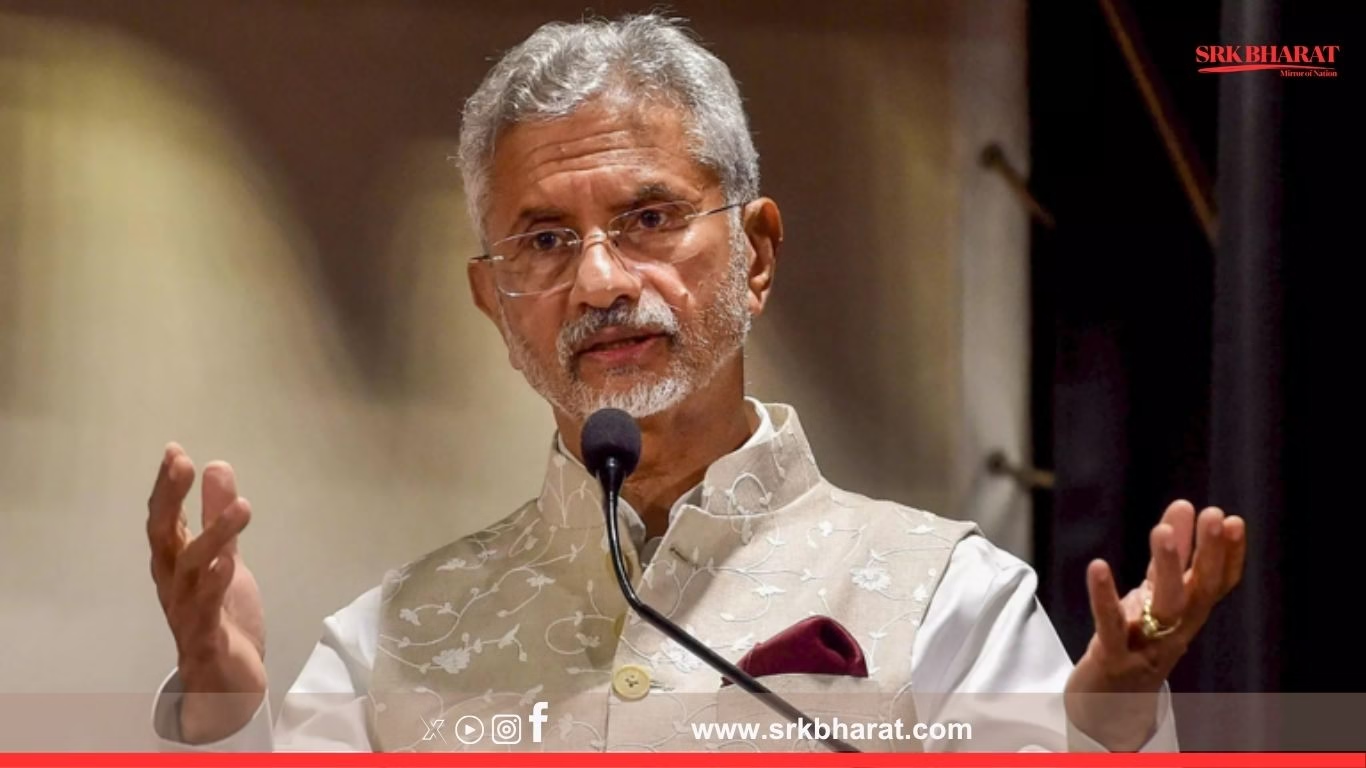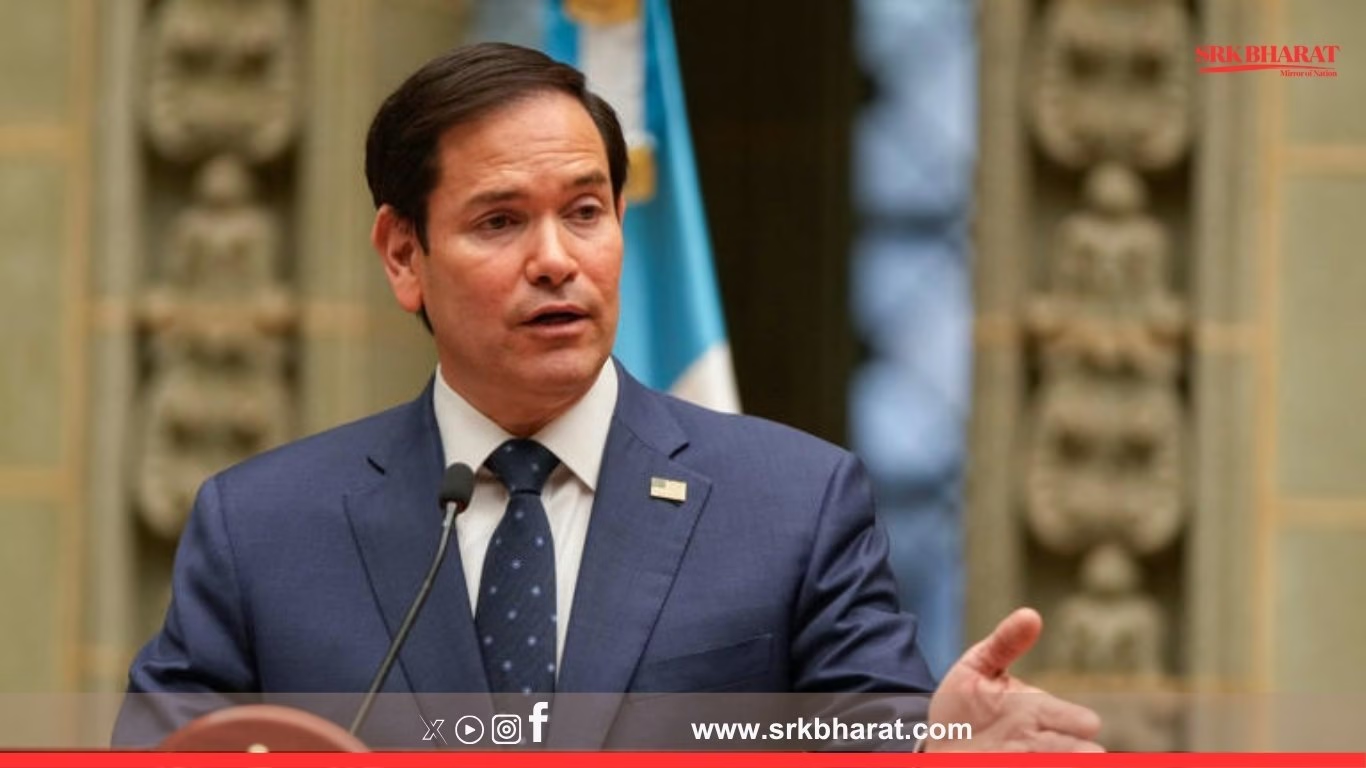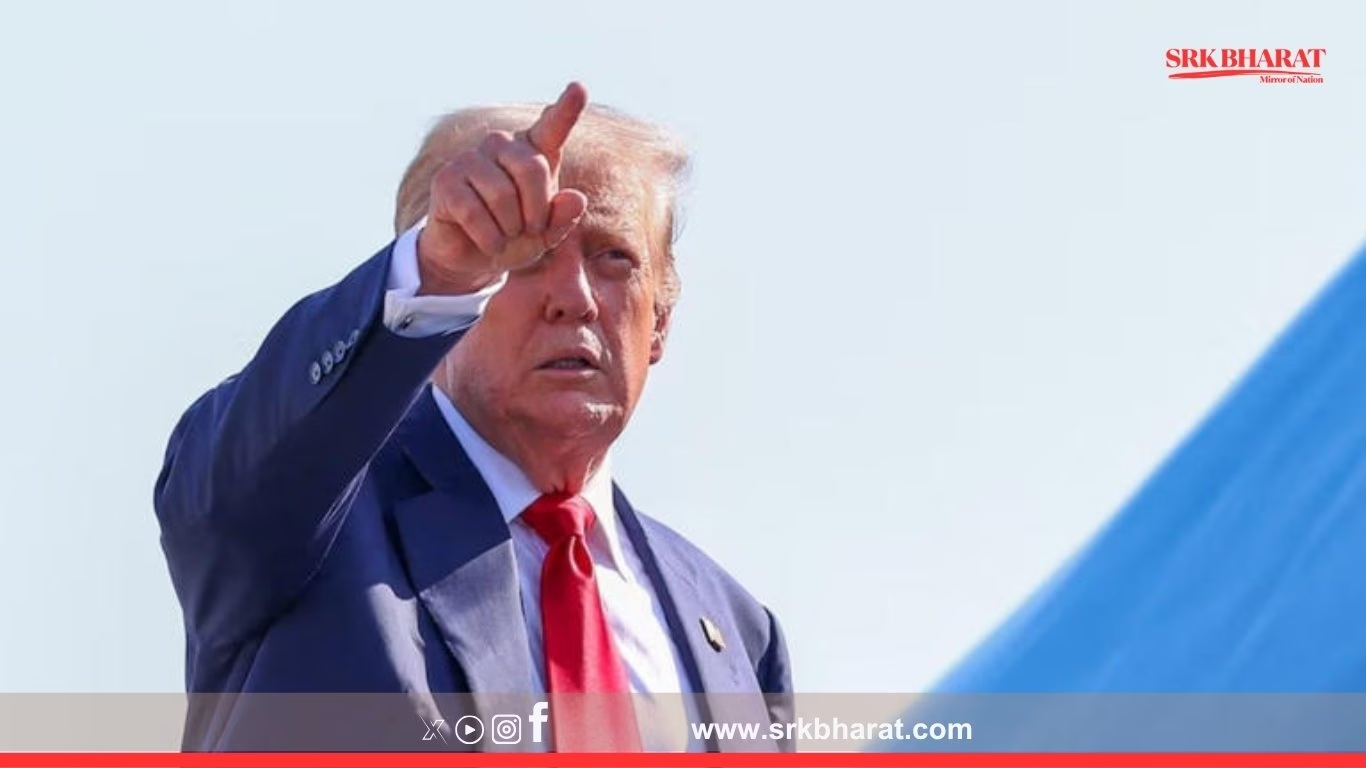India has abstained from voting on a United Nations General Assembly (UNGA) resolution that strongly condemned the Taliban’s repressive policies, particularly those targeting Afghan women and girls. The Indian delegation emphasised that mere symbolic resolutions would not yield practical results for the Afghan people and stressed the need for “credible and inclusive initiatives” to ensure stability in Afghanistan.
The UNGA resolution and India’s stance
The resolution, passed with overwhelming support, denounced the Taliban’s continued restrictions on education, employment, and freedom of movement for women. It urged member states not to recognise any government in Afghanistan that does not ensure inclusivity and respect for human rights.
However, India’s representative stated:
“We abstained because the current text does not reflect the complex ground realities in Afghanistan. Business as usual with repeated resolutions will not be effective.”
India’s concerns about Afghanistan’s situation
India highlighted its core concerns:
- Terrorism threat: Growing presence of terror groups operating from Afghan soil with potential spillover into neighbouring regions, including India.
- Rights of women and minorities: Severe restrictions imposed by the Taliban, rolling back decades of progress on education and social inclusion.
- Humanitarian crisis: Food shortages, malnutrition, and lack of healthcare for millions of Afghan civilians.
- Need for inclusive governance: Taliban’s refusal to form an inclusive government representing all ethnic groups.
India’s aid commitments to Afghanistan
Despite abstaining from the vote, India has been among the leading regional donors of humanitarian assistance to Afghanistan post-Taliban takeover in 2021.
| Indian Humanitarian Aid to Afghanistan (Post-2021) | Details |
|---|---|
| Wheat supplies | Over 50,000 tonnes sent through Iran’s Chabahar Port and Pakistan land routes |
| Medical assistance | Emergency medicines and Covid-19 vaccines |
| Development projects | Continued support for schools, hospitals, and dams constructed under earlier development partnerships |
| Scholarships | Resumed online scholarships for Afghan students |
UNGA resolution: Voting breakdown
| Resolution theme | Condemnation of Taliban’s policies, emphasis on women’s rights and non-recognition of Taliban regime |
|---|---|
| Votes in favour | 89 |
| Against | 0 |
| Abstentions | 9 (including India, China, Russia, Pakistan) |
External Affairs Ministry’s explanation
India’s Permanent Representative to the UN stated that while India deeply shares global concerns about Afghan women’s plight, the resolution lacked operational clarity:
“It remains our firm belief that the welfare of the Afghan people is paramount. However, such texts must factor in ground realities and a credible approach to bring all stakeholders to the table.”
Geopolitical significance of India’s abstention
India’s abstention is seen as a strategic move, given its longstanding diplomatic and developmental investments in Afghanistan. Analysts suggest:
- Regional stability approach: India continues to engage with regional powers including Iran, Russia, and Central Asian states to ensure Afghanistan does not become a terror hub.
- China-Pakistan influence: With China and Pakistan expanding ties with the Taliban, India aims to retain diplomatic leverage without direct endorsement or confrontation.
- Security concerns: Rising attacks on minorities in Afghanistan and potential safe havens for anti-India groups remain core security considerations.
Taliban’s repressive policies under global scrutiny
The UNGA resolution listed major violations under Taliban rule:
- Ban on secondary and university education for girls
- Severe restrictions on women’s employment
- Mandatory male guardianship for women travelling over short distances
- Targeted violence against minority groups
UN Women called Afghanistan “the most repressive country for women” under the Taliban regime, with near-total exclusion from public life.
India’s evolving Afghanistan policy
Experts argue that India is adopting a pragmatic humanitarian-first policy while keeping security imperatives central. Recent initiatives include:
| Policy Move | Purpose |
|---|---|
| Engagement with Taliban envoys in Doha | Ensuring safety of Indian interests and humanitarian delivery |
| Quiet intelligence cooperation with regional partners | Counter-terror monitoring |
| Restarting scholarships for Afghan students | Maintaining people-to-people ties |
| Humanitarian wheat and vaccine supplies | Reducing civilian distress |
Global reactions to India’s abstention
- Western powers expressed disappointment, urging India to take a stronger stance on women’s rights.
- China and Russia, which also abstained, called for “constructive engagement” with the Taliban to avoid regional destabilisation.
- Afghan women’s groups acknowledged India’s humanitarian work but sought stronger diplomatic pressure on the Taliban regime.
India’s stand on ‘business as usual’ approach
India underscored at the UNGA that:
“The situation in Afghanistan requires a realistic and actionable roadmap, not mere periodic resolutions.”
This statement reflects a broader frustration with symbolic UN processes that lack enforcement mechanisms while civilians continue to suffer.
Future diplomatic and security implications
| Dimension | Implication for India |
|---|---|
| Regional security | Heightened vigil against cross-border terror threats from Afghan soil |
| Development projects | Likely slow-down in on-ground implementation due to Taliban’s restrictions |
| Diplomatic positioning | Maintaining strategic autonomy by not aligning with Western condemnation or China-Pak appeasement |
Conclusion
India’s abstention from the UNGA resolution condemning Taliban’s policies marks a calibrated diplomatic stance balancing its security concerns, humanitarian commitment, and geopolitical leverage. While it has consistently condemned the Taliban’s gender and minority repression, India maintains that constructive and inclusive dialogue backed by operational clarity remains the only viable path to securing rights, stability, and peace in Afghanistan.
Disclaimer
This news article is based on official statements by India’s Permanent Mission to the UN, voting records, and diplomatic analysis available in the public domain. It is intended solely for informative journalistic purposes and does not constitute foreign policy advice or endorsement of any specific position.











